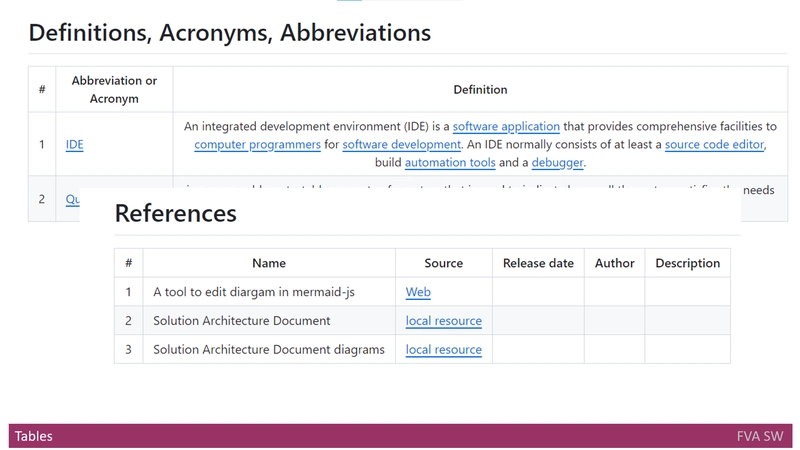🧩 Introduction
When working with Jupyter notebooks in a cluster environment, managing Conda environments and registering Python and R kernels can be tricky. Here's a practical guide based on my experience solving kernel conflicts and making both Python and R work seamlessly.
🛠️ Environment Setup
Create a Conda Environment
conda create -n conda_env python=3.11 r-base=4.4 -y
conda activate conda_envInstall Python Kernel
python -m ipykernel install --user --name conda_env --display-name "Python_conda_env"Check if the kernel is registered:
jupyter kernelspec list📦 Install Required Packages
Make sure the required Jupyter components are installed:
jupyter --versionIf any key packages (like notebook, jupyterlab, etc.) are missing, install them:
conda install notebook jupyterlab ipykernel jupyter_client jupyter_core🧪 Install and Register R Kernel
Check if R is installed:
conda list r-baseIf installed, run:
R -e "IRkernel::installspec(user = TRUE, name = 'conda_env_r', displayname = 'R_conda_env')"🔍 Verify Kernels were added
You should now see both Python and R kernels registered under ~/.local/share/jupyter/kernels/.
# List all registered Jupyter kernels
jupyter kernelspec listEach registered Jupyter kernel has a kernel.json file that defines how Jupyter launches it. To inspect and verify it:
# Check the kernel.json file to make sure it's pointing to the correct Python or R executable path
cat ~/.local/share/jupyter/kernels/conda_env/kernel.jsonYou should see something like:
{
"argv": [
"/home/yourusername/.conda/envs/conda_env/bin/python",
"-m",
"ipykernel_launcher",
"-f",
"{connection_file}"
],
"display_name": "Python_conda_env",
"language": "python"
}🧹 Kernel Conflicts and Fixes
Remove Conflicting Kernels
If a kernel is broken or duplicated, unregister it:
jupyter kernelspec list
jupyter kernelspec uninstall conda_env_broken
# or
jupyter kernelspec remove conda_env_brokenFix R Library Path Issues
Sometimes R in conda conflicts with cluster R. Make sure your environment points to the right libraries:
export LD_LIBRARY_PATH=$HOME/.conda/envs/conda_env/lib:$LD_LIBRARY_PATH✅ Final Check
To confirm that both kernels are ready:
jupyter kernelspec list✅ Summary
# Add Python Kernel
conda activate conda_env
python -m ipykernel install --user --name conda_env --display-name "Python_conda_env"
cat ~/.local/share/jupyter/kernels/conda_env/kernel.json
# Check if R is installed
conda list r-base
# Register R Kernel
R -e "IRkernel::installspec(user = TRUE, name = 'conda_env_r', displayname = 'R_conda_env')"✅ Summary of Actions
- Installed Jupyter and required kernels
- Registered Python and R kernels
- Resolved R conflicts using
LD_LIBRARY_PATH - Cleaned up unwanted or broken kernels
- Verified kernel registration with
jupyter kernelspec list
✍️ Written by: Eman

